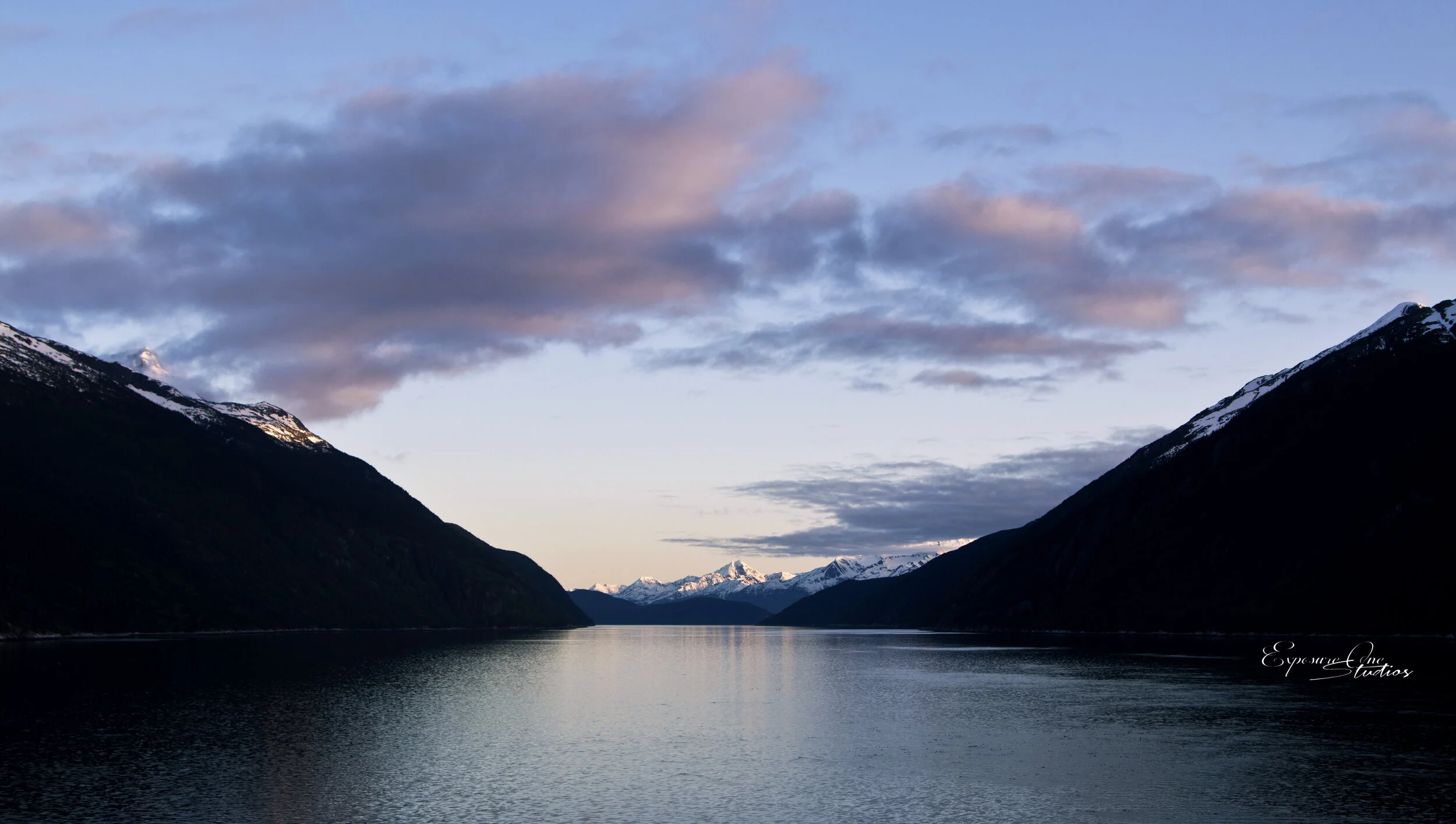We talk a lot about photography rules, usually those pertaining to when you can shoot, where, and how — ie. composition rules, editing rules, and formatting rules. Yet we rarely if ever discuss the hidden rules of photography that pretty much all photographers follow.
These rules are meant at once to protect us and also as a measure to ensure we don’t step on our fellow photographers toes. I have been in the field for quite awhile now and I can almost completely say with certainty that every photographer I have meant has a high respect for others in the field and works very hard to make sure they are operating legally as well as following the hidden rules.
Rule #1: Copyright— What it is, Why it matters.
Copyright is also a hot button issue for creatives and it is because we inherently expect clients and people/businesses in general to know what it is and respect it. As photographers we have an almost unwritten rule of watermarking our images and becoming annoyed when our copyright is violated. This is largely because we fail more often than not to communicate what we expect with our copyright, but sometimes it is just because a client thinks it’s a made up thing (talking from experience on that one, I actually had a venue producer tell me there was no such thing as copyrights let alone a law protecting them.)
Copyright is the ownership of any and all creative work made by the artist, photographer whoever. For a photographer the copyright exists from the minute we capture the image and belongs to us even if a client commissioned the work. We get to set the use standards for our work, what is and is not acceptable.
It is important because it protects our work legally, and gives us a right to have a say in how our work is viewed and used. Giving a copyright up should never be a decision made lightly.
One of my mountain images from Alaska 2019 complete with my copyrighted logo.
Rule #2: Respecting Other Photographers Work/Copyrights
Respect seems like it should be inherent yet as photographers we will often have clients come to us want us to create something with the work of another. (I have been experiencing this more in the last four years than ever before.)
Nearly all photographers follow and value highly copyright, good ones will inform the potential client why they won’t be taking the contract and how it violates protections of the other photographer. I personally like to educate those who come to me with these requests, I do graphic design work and won’t so much as use an element of a image I didn’t create myself without expressed permission from the creator. These are great teaching moments however because the more people we educate perhaps the less clients will try and pit creatives against each other even unintentionally.
Rule #3: Have A Contract for Everything
Contracts are easily something everyone hates, they have legal language, they take time to explain, they seem so overly formal, and yet they exist for a reason. Do not learn to use a contract the hard way— contract between friends and family is especially necessary because it lays out expectations for both parties.
I have been relaxed with long term clients in the way of contracts and as a 10 year professional this came back to bite me and cost me. Do Not Slack On Contracts. Contracts are our best and most annoyingly necessary friend. Have contracts for everything you do, shoots, graphic design, and even contracts between you and another photographer you are giving permission to use the image.
Rule #4: Don’t Bad Mouth Clients or Other Photographers
It doesn’t seem like there needs to be an unwritten rule about this but it exists purely as a warning. By bad mouthing a client or another professional you kill your own credibility and professionally. Even if they have public stolen from you, used you, and burnt whatever bridge they had with you. Take the high road.
Bad clients, Bad experiences suck. But how you respond, how you handle it will speak volumes about your business. I recently had a multi-layer poster shoot/design session that things weren’t working out well, I resolved the issue quietly between the client and myself, I even issued a full refund though they insisted I keep the money because I worked hard to deliver a product and it was a misunderstanding that lead to a failed contract. I never once consider keeping the payment even though I had done and delivered work for proofing, I had spent valuable time on the project, for me professionally I wanted them to not feel cheated, I wanted to stand above the rest.
Social media has made it so easy for our feelings to be made public. We can unintentionally post things to hurt others, or rants to make ourselves feel better. Be careful about that, my personal media has as many client friends as my business and people do not see those entity’s as separate.
Rule #5: Know Your Limits- Be able to say No
As photographers we do have limits, it is our responsibility to know them or learn them. That hardest thing we ever encounter is saying no to a potential client because this is our life saying no means money out the door. But not every client is our client.
Yes sometimes you will not know this until you take them on, do the work, and suffer the stress and anxiety that I found follows the wake of a client not meant for us. But if you learn from it, that will be a client you no longer accept a contract from, that will be a shoot you no longer do, because you grew enough to say no.
There are millions of photographers in the world and some of us do this thing for money and some for passion and fun. The truth is there is always a contract, and always an opportunity saying no opens the door for something better to walk through.
More than these exist if I am honest, every niche area of photography has hidden rules that we photographers follow. We even develop our own in regards to our camera bags, our work flow, and so much more. I think the biggest hidden rule is copyright and how we use it, and how we respect it in other professionals. We are even getting better about vocalizing and educating the public.
To me these hit as the most important, the rules I want to see beyond a photographers lamenting blog. I dream of the day when copyright is just understood universally but until then I will continue the crusade to educate those as I go.





